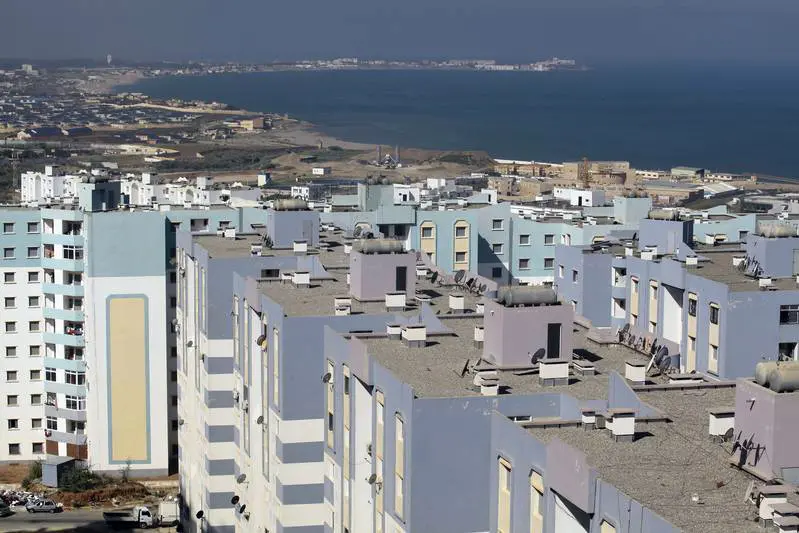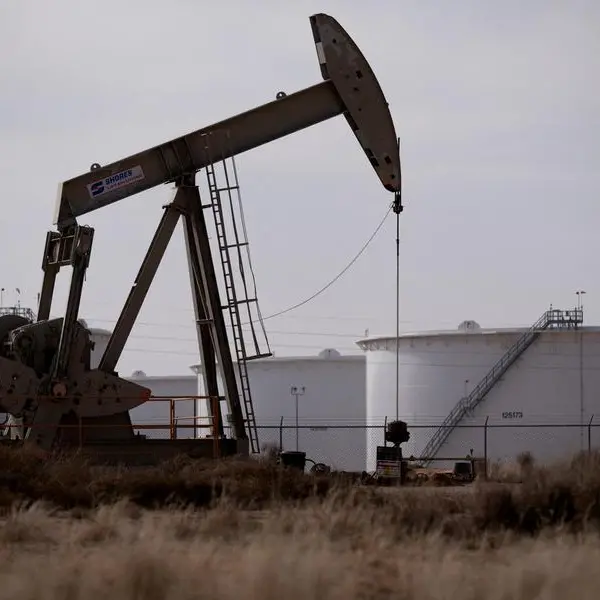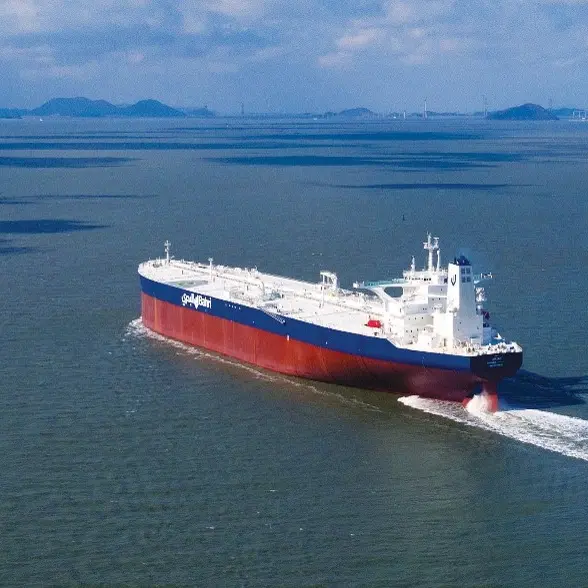PHOTO
While hydrocarbons have long been a mainstay of Algeria's economy, slowing export and production activity due to ageing oilfields and a low-oil price environment drove economic diversification efforts in 2016, as well as the adoption of measures to improve the business climate.
With oil and gas accounting for 47% of government revenues in 2016, this year’s budget sought to cut expenditure by 9%, increase tax revenues by 4% and reduce spending on subsidies. These changes may take time to bear fruit, however, as the IMF forecast the budget deficit to fall by around one percentage point to 15.6% in 2016 and to 12.2% the following year.
The current account deficit, which rose around 12 percentage points to 16.2% of GDP in 2015, was another issue affecting strategy in 2016, with the government implementing policies to limit costly imports and encourage value-added exports to reduce the shortfall. Partly as a result of these moves, the IMF expected the deficit to drop slightly to 15.1% in 2016.
Economic diversification
In July the government announced a new economic growth model to be implemented in phases over the next four years, with the aim of generating additional tax revenues by increasing investment in high-value-added sectors, such as agribusiness, renewable energy, services, and the digital and knowledge-based economy.
The new strategy builds on the country’s current five-year plan for 2015-19, which also aims to boost domestic production and move the economy away from a reliance on hydrocarbons.
One industry seen as having significant potential in propelling the non-oil economy is the automotive sector. In mid-2016 Algerian authorities entered into talks with French automaker Peugeot regarding the construction of a production plant. In addition, Volkswagen and local group SOVAC signed an agreement for vehicle assembly at a facility in Relizane. Investment in the plant will total some €170m, with operations due to begin in mid-2017.
Boosting business
According to the IMF in its May 2016 Article IV consultation, Algeria’s business environment continued to be hampered by “pervasive bureaucracy and cumbersome administrative procedures.”
To address these challenges and complement efforts to diversify the economy, authorities amended the investment code in mid-July. The new law simplifies the administrative requirements for investors, thereby reducing the burden of bureaucracy on projects.
Notably, a requirement that Algerian-based entities be majority locally owned – known as the 51:49 rule – was moved from the investment code to the finance law. The latter sets the budget and is modified on a yearly basis, leading some observers to suggest that the new location may herald moves to soften the rule and allow majority foreign ownership of companies, particularly in non-strategic sectors.
In October the World Bank placed Algeria 156th out of 190 economies in its “Doing Business 2017” report, a seven-place improvement on the previous year’s index. The report attributed Algeria’s higher ranking to its reduction of the minimum capital requirement for new businesses, enforcement of legal time limits for building permit applications, more transparent electricity tariffs and reduced taxes on professional activity.
Strengthening SMEs
Algerian authorities are also looking to small and medium-sized enterprises (SMEs) to help boost the economy, implementing a series of legislative reforms to encourage SME growth. In December parliament adopted a law expanding the definition of SMEs – which according to government figures make up around 95% of Algerian firms – to allow a greater number of businesses to access support measures.
Under the new law, the SME annual turnover limit was increased from AD2bn (€17.2m) to AD4bn (€34.5m), and the balance sheet cap was raised from AD500m (€4.3m) to AD1bn (€8.6m).
Algeria’s SME law follows other initiatives aimed at improving the outlook for domestic SMEs. The 2016 Finance Act, passed in November of 2015, includes financial incentives for SMEs created in 2016 and grants tax exemptions for up to five years to companies with less than AD600,000 (€5168) in gross annual sales, as well as to unemployed university graduates providing non-commercial services with less than AD300,000 (€2586) in annual turnover.
Looking ahead
In October last year the Cabinet approved the 2017 draft finance law, which outlines spending cuts of 14% and aims to bring the budget deficit down to 8% of GDP. The authorities also intend to raise value-added tax by two percentage points in 2017, with the aim of boosting receipts by 14.4%.
These cuts should see debt accumulation slow; however, Algeria is also finding new ways to finance its relatively new debt burden, including a domestic borrowing drive launched in April 2016. By November Hadj Baba Ammi, the minister of finance, told local media that the government’s bond had brought in AD568bn (€4.9bn).
Farid Bourennani, financial expert and private consultant, expects the government to return to international markets as well, but notes that its lack of activity here of late would raise the cost of borrowing. “Algeria should have continued to borrow small amounts in recent years in order to maintain its sovereign debt ratings and benchmarks, as without these in place, raising money in international markets will prove more expensive,” he told OBG.
In addition to activity on the capital markets, the country also turned to external lenders for the first time in years, receiving a €900m loan from the African Development Bank in November 2016. Its first from the institution, the budget support loan is intended to offset the drop in revenue due to the fall in oil prices, as well as contribute to the development of Algeria’s industrial and energy sectors.
© Oxford Business Group 2017





















